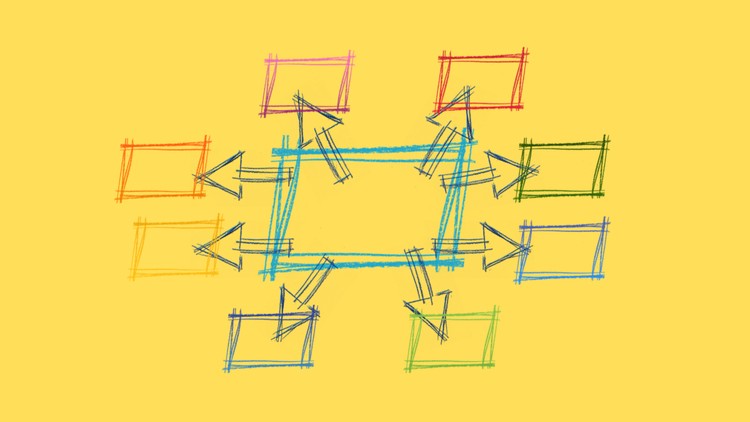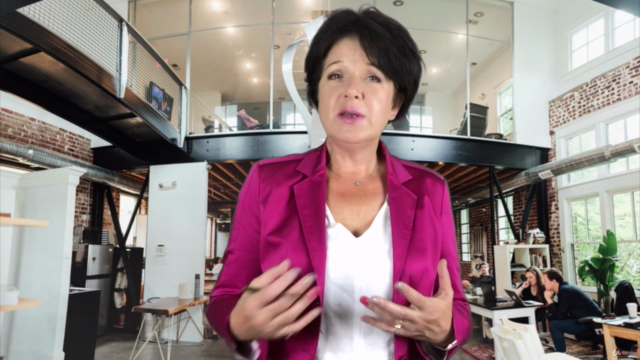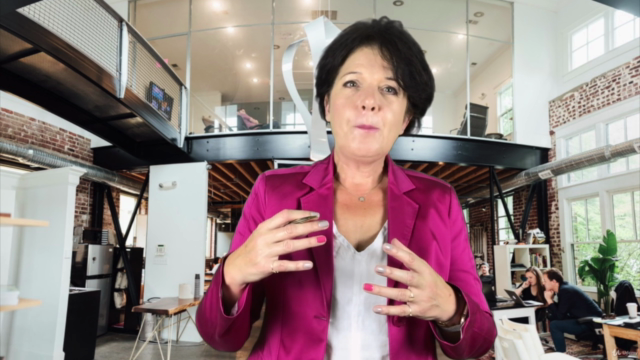Organization Development - How to Diagnose Organizations

Why take this course?
🎓 Course Title: Organization Development - How to Diagnose Organizations
🎬 Headline: Tools and Methods to Diagnose an Organization to Gain a Comprehensive, Systemic Understanding for OD Interventions
🚀 Course Description:
Have you ever wondered what goes into the heart of organizational development (OD) during the crucial phase of diagnosis? While textbooks outline the basics like interviews, observations, questionnaires, and unobtrusive measures, the real challenge lies in creating a comprehensive and systemic understanding of an organization within a limited time frame.
In this course, "Organization Development - How to Diagnose Organizations" with Maria Veronika Surboeck, you'll be equipped with the Tools and Methods that are essential for conducting thorough OD diagnostics. You'll learn how to:
- Conduct semi-structured interviews to uncover organizational values, structure, vision, mission, and daily challenges faced by managers and employees alike. 🗣️
- Perform structured observations to assess the time management of supervisors, effectiveness of meetings, and daily activities of employees. 🧐
- Design and implement various types of surveys to understand the organizational culture, employee values, or leadership styles. 📊
📈 Course Structure:
Section 1: Introduction to the Course and Framework
- Overview of the course outline and objectives
- Exploring the McKinsey 7S Model
- Understanding Lewin's Change Model and the Action Research Model as context
Section 2: Overview of Organization Diagnosis Methods
- Introduction to the four primary methods: interviews, observations, questionnaires, and unobtrusive measures
Section 3: Assessing Shared Values
- How to conduct a 'culture walk' and use surveys to identify underlying values
- Techniques for interviewing to uncover shared values within the organization
Section 4: Examining Structures
- Analysis of both formal and informal organizational structures through interviews, observations, and documentation
Section 5: Analyzing Strategy
- Gaining insight into the organization's strategy and long-term goals
- Understanding alignment with the overall mission and goal agreement within departments
Section 6: Visualizing Systems and Processes
- Mastering brown paper methods, flow charts, and real-life examples to analyze processes
Section 7: Evaluating Leadership and Management Styles
- Utilizing interviews, observations, and surveys to assess leadership approaches
Section 8: Diagnosing Staff
- Employing surveys, interviews, and observations to understand labor distribution and talent management effectiveness
- Mapping human capital and evaluating the alignment of staff skills with training needs
Section 9: Exploring Skills
- Developing a skills matrix and assessing skill gaps relative to training opportunities
Section 10: Utilizing Unobtrusive Measures
- Real-life examples to support your data collection efforts
Section 11: Preparing for the Feedback Meeting
- Knowledge on how to present information effectively and manage energy to facilitate change readiness in the organization
By the end of this course, you'll have a robust toolkit for conducting OD diagnostics with confidence and precision. You'll be ready to dive into the complexities of organizational dynamics and guide your clients or organization towards transformation and growth. Let's embark on this journey together to unravel the mysteries of effective organization development! 🌟
Course Gallery




Loading charts...